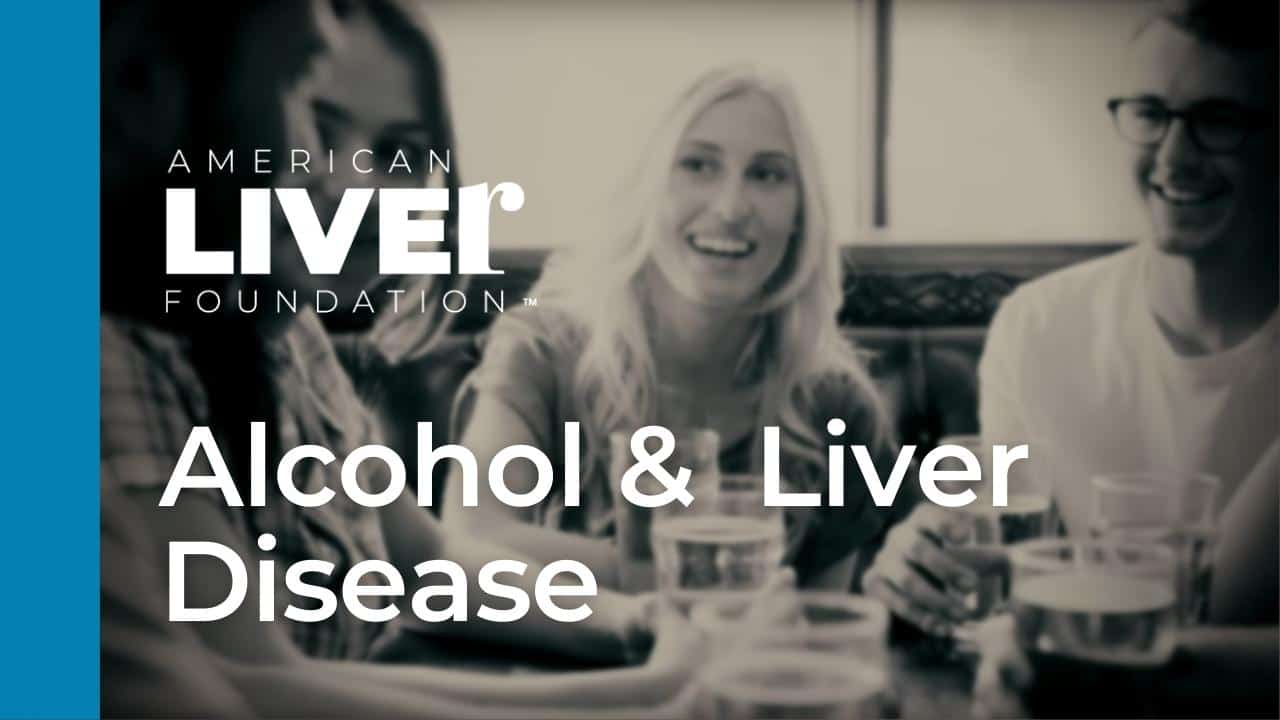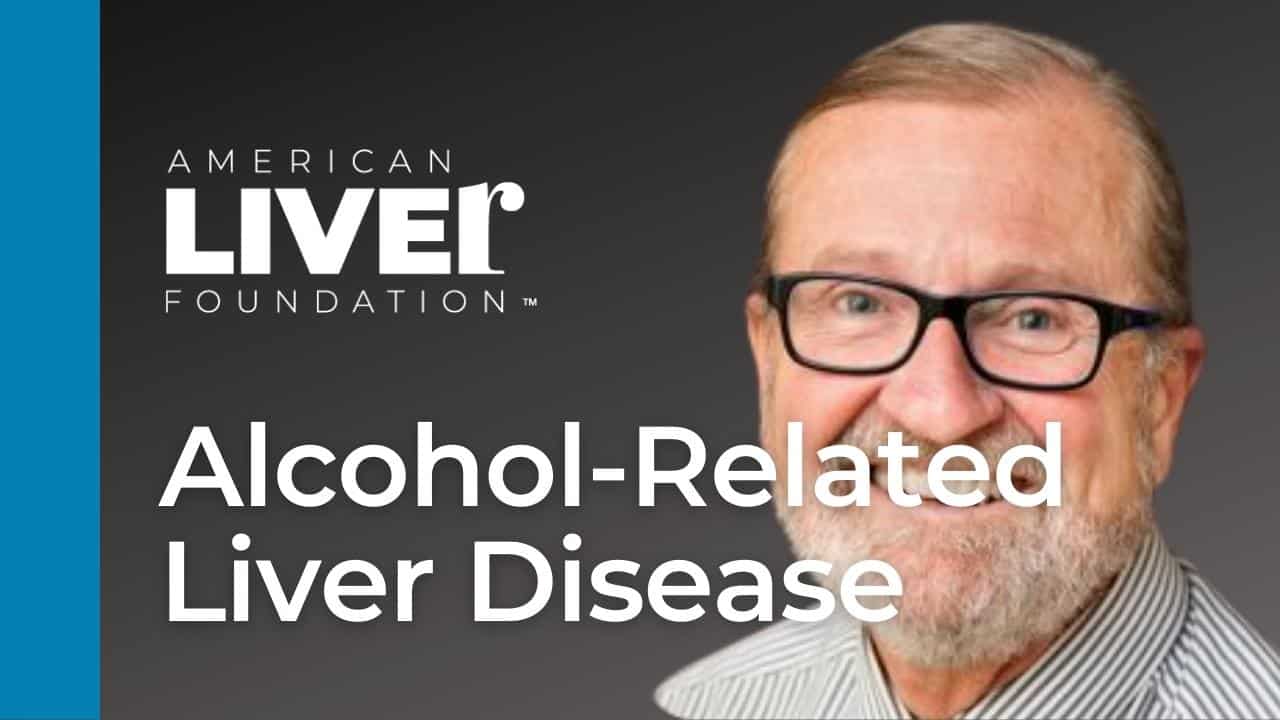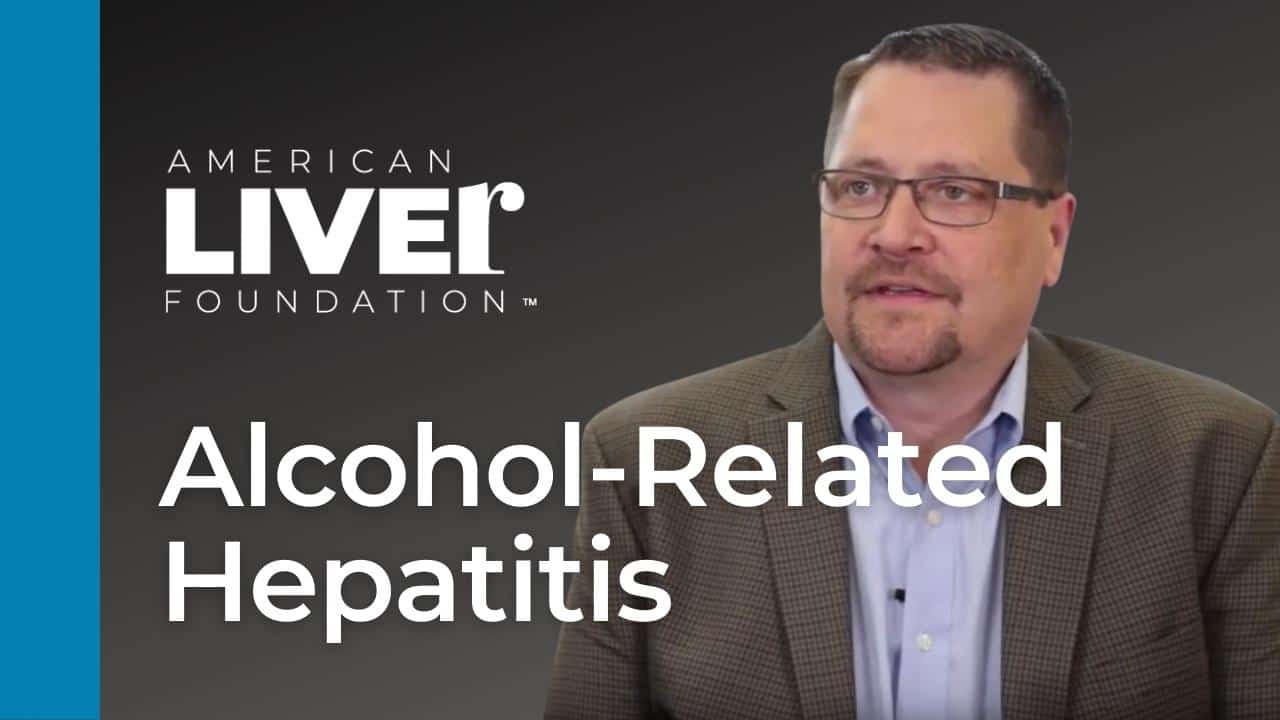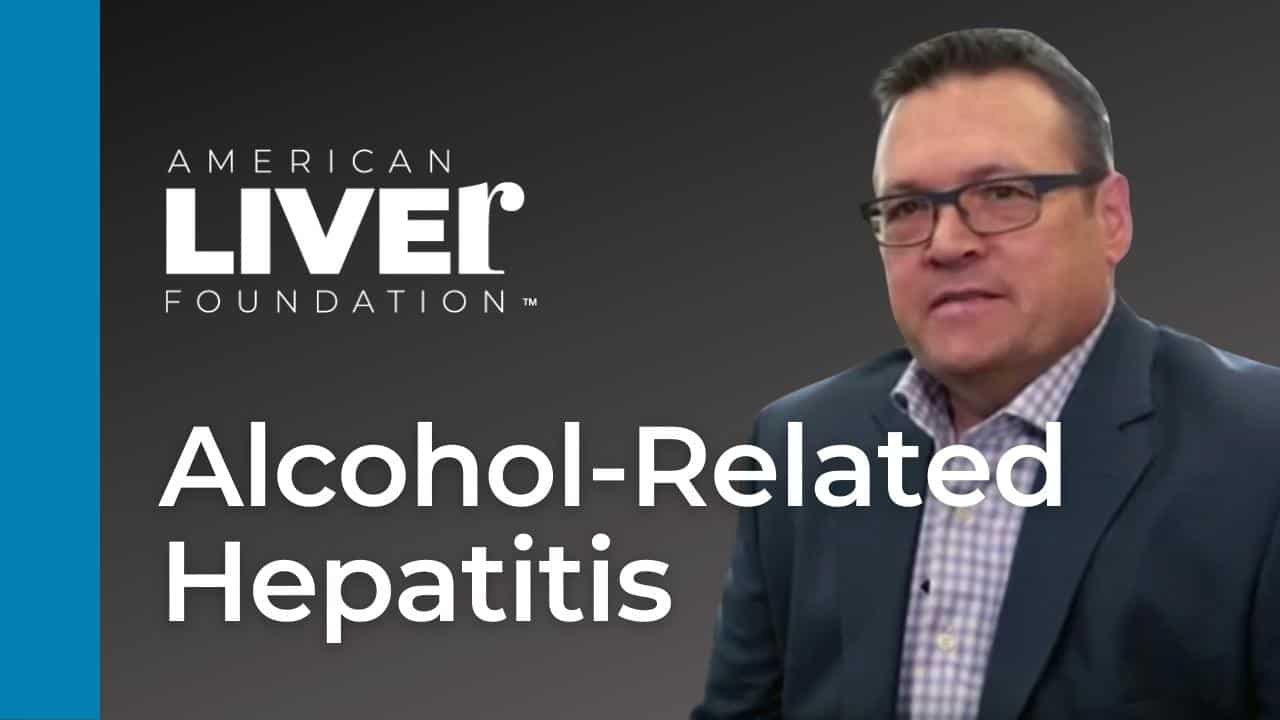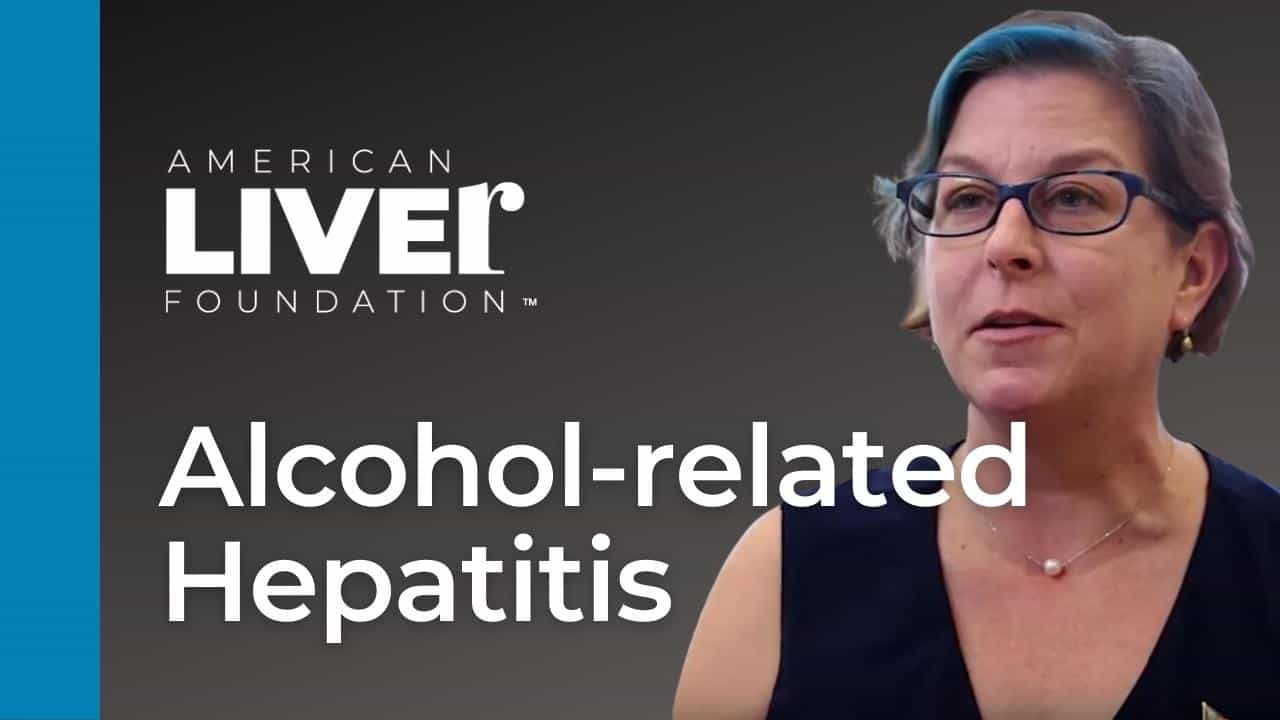Alcohol-Associated Liver Disease
What is alcohol-associated liver disease?
Alcohol-associated liver disease can occur among people who drink excessively, usually over a long period of time. It is possible to have acute (sudden) liver damage after drinking large amounts of alcohol in a shorter time; however, most alcohol-associated liver disease happens to people who have been drinking alcohol beyond moderate amounts for several years.
People can develop alcohol-associated liver disease even if they are not alcohol dependent. This condition can also occur if people do not become intoxicated when consuming alcohol. In fact, nine out of ten people who drink excessively are not alcohol dependent.
What are some types of alcohol-associated liver disease?
One type of liver disease caused by alcohol is alcohol-associated steatotic liver disease* in which extra fat builds up in the liver cells. Most “heavy drinkers” develop this condition. It usually reverses if a person stops drinking alcohol.
Alcohol-associated hepatitis is inflammation (swelling) of the liver. Liver cells can be destroyed because of this condition. It can reverse if a person stops drinking alcohol.
Alcohol-associated cirrhosis is the most serious type of alcohol-associated liver disease. A liver with cirrhosis has become hardened with scar tissue. This makes it harder for the liver to function. Cirrhosis may be reversible in its earliest stages, but it is generally not reversible. in very advanced stages.
Who is at risk for alcohol-associated liver disease?
Alcohol is toxic to liver cells, so the more someone drinks the higher the risk of developing some level of alcohol-associated liver disease. People who drink moderately are at lower risk but may still be at risk. Additionally, women are typically more susceptible to the effects of alcohol on the liver.
Alcohol includes beer, wine, and hard liquor. Hard liquor has a higher alcohol content than beer or wine; however, it is false to think that beer or wine are safer alternatives. Any kind of alcohol consumed in higher than moderate amounts can cause severe liver damage.
Serving size of alcohol are:
- Beer: 12 ounces
- Wine: 5 ounces
- Hard liquor: 1 to 1-1/2 ounces
People can still develop alcohol-associated liver disease even if they do not have alcohol use disorder (AUD), but it is important to note that people with AUD are at increased risk for liver disease. Alcohol use disorder is a medical condition that in the past has been known as alcohol dependence, alcohol addiction, and alcoholism. AUD is now considered to be a brain disorder that can range from mild to severe. People with AUD may seek help through behavioral therapy, medications, and support groups. Research has shown that these therapies have been very effective in helping people in recovery from AUD. It is strongly suggested, however, that anyone with AUD have a complete physical exam to detect and/or treat any liver disease that may be present
What is moderate alcohol consumption?
Moderate alcohol consumption for men means that no more than two alcoholic beverages are consumed each day.
Moderate alcohol consumption for women means that no more than one alcoholic beverage is consumed each day.
Can binge drinking cause liver damage?
Liver damage can also happen because of binge drinking, when four to five alcoholic beverages are consumed within two hours. Binge drinking can also cause acute (sudden) alcoholic hepatitis, a rapid inflammation of the liver, which can be life-threatening.
What are the symptoms of alcohol-associated liver disease?
Like most liver diseases, people with alcohol-associated liver disease may not feel ill. The most common symptom is fatigue (feeling extremely tired). If liver disease begins to advance, the symptoms can include:
- Loss of appetite
- Weight loss
- Jaundice (yellowing of eyes and skin)
- Fluid buildup in the belly area (ascites) or around the ankles (edema)
- Confusion
- Vomiting or vomiting blood
- Passing blood in bowel movements
How is alcohol-associated liver disease diagnosed?
Diagnosis begins with a doctor taking a complete medical history and physical examination. Initial tests would include blood tests and possibly imaging tests such as ultrasound. Depending upon the findings of these tests, additional diagnostic testing may be required to determine the extent of liver damage that is present.
People are often uncomfortable discussing their alcohol usage with doctors, but it is a very important that you give your healthcare provider accurate information about your alcohol consumption, just as you do when discussing your dietary habits, exercise, and use of medications and over-the-counter products such as vitamins or supplements. These are all important components of reaching an accurate diagnosis.
How is alcohol-associated liver disease treated?
The first step in treating alcohol-associated liver disease is to stop drinking all alcohol. If steatotic liver disease* or alcoholic hepatitis are present, the only way there is a chance that the damage will reverse is to discontinue drinking.
It may be advisable to speak with your doctor about medical oversight when ceasing drinking. Medications may help if someone is alcohol dependent and will go through withdrawal. If alcohol dependence is an issue, treatment to stop drinking could include counseling, entering a treatment center, and seeking support programs such as AA.
Treatment for the liver disease itself will depend upon the diagnosis. Alcohol-associated steatotic liver disease* will usually reverse on its own without treatment if the person stops drinking alcohol.
Alcohol-associated hepatitis may be treated with medication, but the medical provider would have to assess whether such treatments would be appropriate because they can have serious side effects.
If the damage has progressed to cirrhosis, the liver is no longer performing its jobs normally. One main function of the liver is filtering toxins from the body. Treatment for cirrhosis often involves treating complications. You will find more information about complications of cirrhosis at https://liverfoundation.org/liver-diseases/complications-of-liver-disease/.
Nutrition therapy may be offered to people with alcohol-associated liver disease. The doctor may refer their patients to a dietitian who can help them plan nutritious meals. If a person is unable to eat, nutrients can be provided with the use of a feeding tube.
Is liver transplant an option for people with alcohol-associated liver disease?
People with cirrhosis may be candidates for transplant. Each patient is assessed individually based upon their overall health status, and if a doctor feels that transplant may be an option, he or she will refer that patient to a transplant center for a thorough medical, psychological, and financial evaluation. To receive a transplanted liver, the liver transplant team typically must be certain that the patient will take care of the new liver and never return to drinking alcohol.
Questions to Ask the Doctor
- Am I at risk for liver disease? (Note: the doctor may ask how much you drink and can only give you the correct answer if you share accurate information.)
- What tests should I have to learn about my liver health?
- Do I have liver disease? What type or stage of liver disease do I have?
- Is my liver disease reversible?
- Do I have any complications from liver disease? If not, what changes should I look for to know if complications are developing?
- Do I need treatment? If so, what treatments do you recommend?
- Are there any medications I should avoid now that I know I have liver disease?
- What kinds of foods should I eat or avoid now that I know I have liver disease?
- Do I need any nutrition therapy? Should I take (or avoid) any vitamins or supplements?
- Can you recommend a dietitian to help me with meal planning?
- Is my immune system weaker because of liver disease? Are there any vaccinations I should get or avoid to keep me as healthy as possible?
- Is my liver disease advanced enough that a transplant should be considered? If so, am I a candidate for a transplant evaluation? Why or why not?
If you believe that you are alcohol dependent, it is advisable to get help. You can start by asking your healthcare provider about treatment programs and referrals (including if one is needed by your health insurance company).
Support
Visit the American Liver Foundation’s Facebook support community at Life with Alcohol-Associated Liver Disease: An ALF Support Group | Facebook
Related Videos
Patient Stories
*Steatotic liver disease is the new name for fatty liver disease.
Medically reviewed on April 2025.
Last updated on June 6th, 2025 at 12:23 pm
